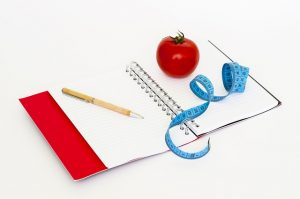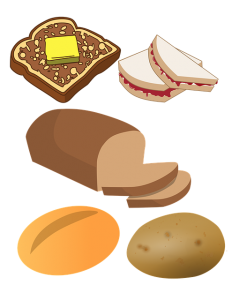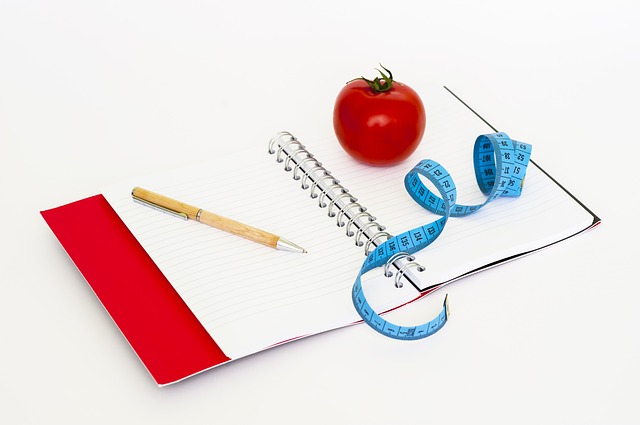Four Myths about Diet That You Should Pay No Attention To
Have you ever tried and Failed?
It may be because of misinformation.
Nowhere are there more fad diets, weight loss schemes and wild, completely unsubstantiated weight loss advice circulating than in the USA. With so much conflicting “information” out there, it’s no wonder people don’t know where to turn to lose weight properly and in a healthy way. The fact is many people assume they are eating healthy although it’s closer to the truth that many of them don’t even come close to eating a balanced, nutritious diet.

The reason for this is mostly due to the fact that they are guiding themselves with false information propagated by fad diets put out there by weight loss companies. Most of these diets are leading people to believe that cutting out certain nutrients is what it takes to properly loose weight. Nothing can be further from the truth. Here are four common myths which lead many dieters to take the wrong road to try to find their weight loss salvation.
MYTH # 1) YOU HAVE TO STARVE YOURSELF TO LOOSE WEIGHT
This is probably the most commonly heard and longest running myth about weight loss out there. The fact is, if you don’t eat enough, your metabolism will slow down greatly making your body want to store fat thus making most of your initial weight loss come from water and muscle. This makes your body-fat percentage go up, meaning you are losing weight, but you are actually getting fatter!
The average woman should not eat less than 1000 calories per day and the average man should not eat less than 1200 calories per day unless under the direction of a physician. If you eat 5-6 smaller meals a day verses 3 bigger ones within a proper calorie range, you will never feel hungry and you will lose weight while staying healthy.
MYTH # 2) EAT NO FAT WHATSOEVER
This is another myth that has been around for a long time. It probably comes from the fact you do need to limit your fat intake to around 15% to 20% of your overall daily calorie intake. “If eating only a little is good, then eating none must be better”, but the fact is, your body does need that 15% to 20% of fat in your diet because fat helps lubricate your joints, keeps your skin smooth and elastic, provides a source of energy, helps your nervous system to function properly and provides insulation from cold weather. Olive, flaxseed and fish oils are good sources of fats. Avoid saturated fats and hydrogenated (trans) fats.
MYTH # 3) YOU SHOULD NOT EAT FROM CERTAIN FOOD GROUPS

A lot of fad diets adhere to cutting out one food group or another. The Atkins diet, which sparked a whole host of copycat diets, placed an emphasis on eliminating carbohydrates for example. The fact is your body needs a balance of carbohydrates, protein and fat to function properly and so none of them should be eliminated from your diet. Water, vitamins, minerals and fiber are also needed and should be a part of your regular daily intake. The key is to try to keep the carbs, proteins and fats in the proper range at approximately 60% for carbs, 25% for proteins and 15% for fats.
MYTH # 4) TO GET ENOUGH PROTEIN, YOU HAVE TO EAT MEAT
While it is true that meat is a great source of protein, it is certainly not the only one. Meat can also be high in fat and sodium. Dairy products are usually high in fat, but now there are plenty of low-fat and fat-free dairy products to choose from and they do not compromise the protein value. Egg whites are also a prime source of protein. These are all sources of complete proteins. Various vegetables and legumes also contain proteins but these are all incomplete proteins and must be eaten in the right combinations to become complete. One example is combining beans with rice.
The best way to be sure you are getting a well balanced, nutrient rich diet is to eat more whole foods and less processed, pre-packaged foods and to avoid eating out as much as possible. Make eating out an occasional treat, but try to prepare most of your meals yourself and you will be on your way to living a healthier, leaner lifestyle.

